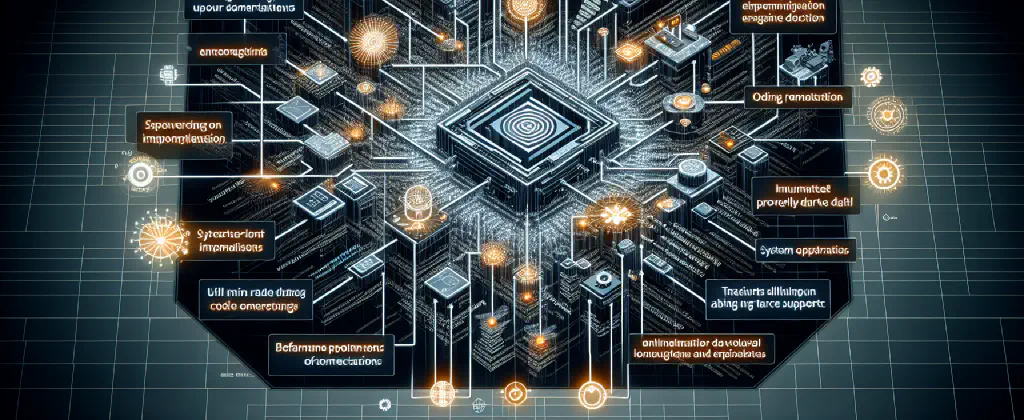13. December 2023
Ubuntu 24.04 LTS: Enabling Frame Pointers for Debugging Bliss

Ubuntu 24.04 LTS, the latest long-term support release of Ubuntu, is set to enable frame pointers by default. This decision is expected to have a significant impact on the debugging capabilities of the operating system. In this article, we delve into the significance of frame pointers, explore the reasons behind the default omission of frame pointers in certain contexts, and discuss the implications of enabling frame pointers in Ubuntu 24.04 LTS.
Understanding Frame Pointers
For those unfamiliar with the concept, a frame pointer is a register that keeps track of the current call stack frame in a program. It allows for efficient stack unwinding during debugging, enabling developers to trace the execution path of a program and identify the sequence of function calls that led to an error or crash.
Legacy Reasons for Omitting Frame Pointers
In the past, omitting frame pointers was a common optimization technique, especially in the 32-bit x86 architecture. It provided performance benefits by freeing up a valuable general-purpose register. However, on modern architectures like 64-bit x86, the benefits are negligible, as these architectures provide significantly more registers.
The Debugging Challenge
While the performance benefits of omitting frame pointers are limited on modern architectures, it has posed challenges for debugging tools. Some tools rely on frame pointers for accurate stack unwinding. Without frame pointers, debugging becomes more difficult, especially when dealing with complex backtraces and dynamically-sized stack arrays.
Profiling Tools and Unwinding without Frame Pointers
Profiling tools have made efforts to solve the challenges of unwinding without frame pointers. For example, Polar Signals, a profiling product, has developed techniques to unwind without frame pointers with minimal overhead. However, not all tools have invested in such improvements. Tools like bpftrace and bcc-tools, which require unwinding capabilities, could greatly benefit from the prevalence of frame pointers in the system.
Ubuntu’s Initiative
With the upcoming release of Ubuntu 24.04 LTS, frame pointers will be enabled by default. This collaboration between Ubuntu and the profiling community is expected to enhance the debuggability of the operating system. It will enable out-of-the-box support for tools like bpftrace and bcc-tools, making debugging simpler and more efficient for developers.
The Future of Frame Pointers
Enabling frame pointers in Ubuntu 24.04 LTS is a step towards improving the debugging experience. It highlights the importance of robust unwinding mechanisms and encourages the adoption of frame pointers in other software environments. While modern architectures provide ample registers, frame pointers can still play a crucial role in debugging and unwinding scenarios. As architectures continue to evolve, the overhead of frame pointers is expected to decrease further.
🌟 Conclusion
Enabling frame pointers by default in Ubuntu 24.04 LTS marks a significant development in the world of debugging. By prioritizing debuggability over marginal performance gains, Ubuntu is taking a step towards simplifying the debugging process and improving the experience for developers. As software environments and architectures evolve, the role of frame pointers in debugging will continue to be essential. With the adoption of frame pointers in Ubuntu and other platforms, the future of debugging looks promising, especially for tools that rely on accurate stack unwinding.